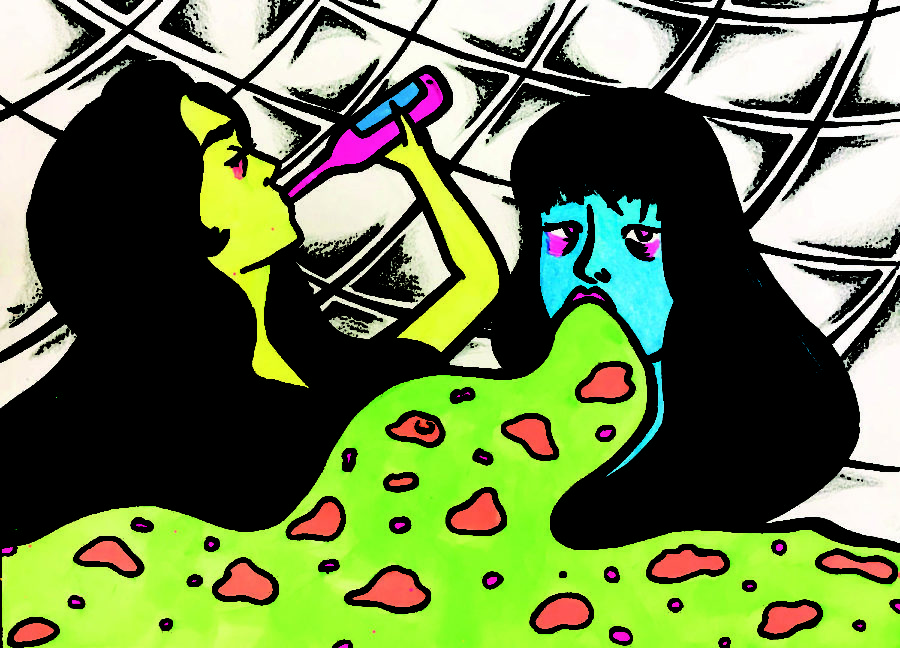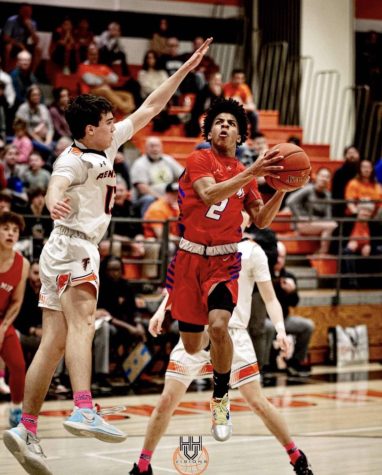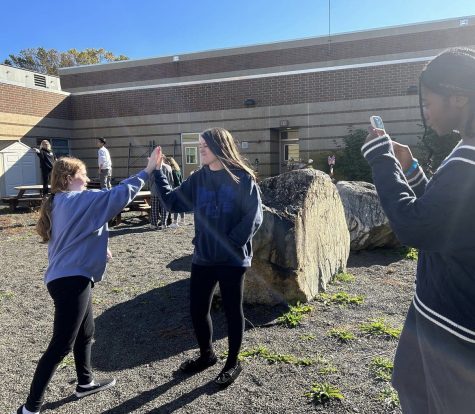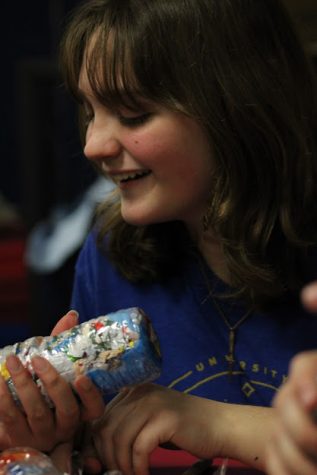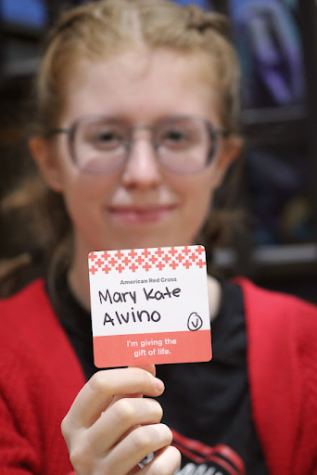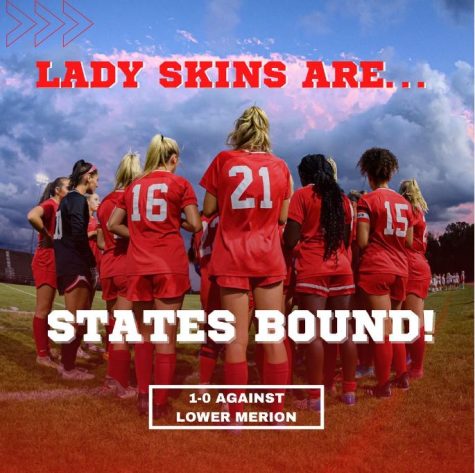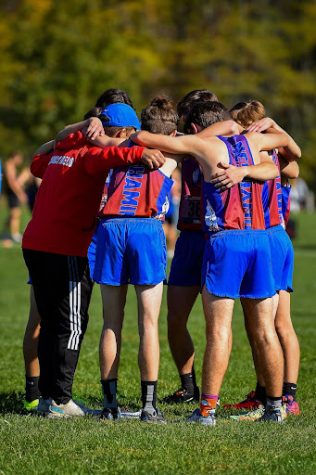Neshaminy teens struggle with alcohol addiction
February 14, 2018
“Alcoholism was never a choice for me,” said an anonymous Neshaminy junior.
“I drank for the first time at a party … At first it was just social drinking, then drinking alone every so often, and finally drinking whenever I could. I would daydream about the warmth in my stomach from those first few sips, the fuzziness in my head, so I wouldn’t have to care so much about things.”
The Archives of General Psychiatry found that 15 percent of teens 13-18 years old met the criteria for lifetime alcohol abuse, and 16 percent could be categorized as drug abusers. Teens often turn to alcohol abuse to deal with the stress homework, college applications, clubs, sports, volunteering, events, friends and family. This alcohol use often reaches beyond stress relief and into addiction.
“That’s the problem with drinking. If something bad happens, you drink in an attempt to forget. If something good happens, you drink in order to celebrate. And if nothing happens you drink to make something happen,” said the junior.
Despite the perceived stress relief, alcohol often times leads to decreased mental ability in its users and permanent brain damage for those who drink in their adolescence.
“The behavior, problem solving, and decision making parts of the human brain are not fully developed until around the age of 25. Without these cognitive abilities, teens have no way of helping themselves,” says local psychologist, Dr. Dill Standiford. “Add in the temptation of mind-altering substances such as alcohol, and they’re doomed from the start.”
Underage drinking is commonly been seen as just ‘part of highschool’, and some even mark it as a right of passage from adolescence to adulthood.
An anonymous Neshaminy senior reflected on his experiences and how his family reacted to his frequent drinking.
“My parents knew I was drinking at parties because I never hid my hangovers very well,” said the Senior. “My dad would tell me his drinking stories from when he was my age. I never thought it was so bad because everyone else did it…”
A need to fit into these cultural rights of passage amplified in many schools, and football games here at Neshaminy seem to be the perfect breeding ground for such behaviors. Standing on the stadium steps shoulder-to-shoulder with your peers and screaming in support of your football team is enough to deter the rationale of any teenagers brain, especially when it feels like you can smell the beer on your peers’ breaths from the sidelines.


